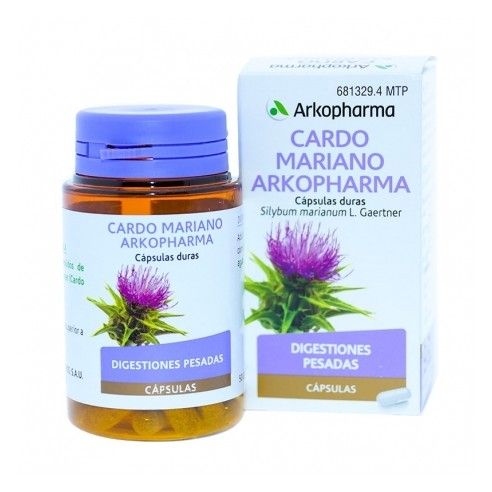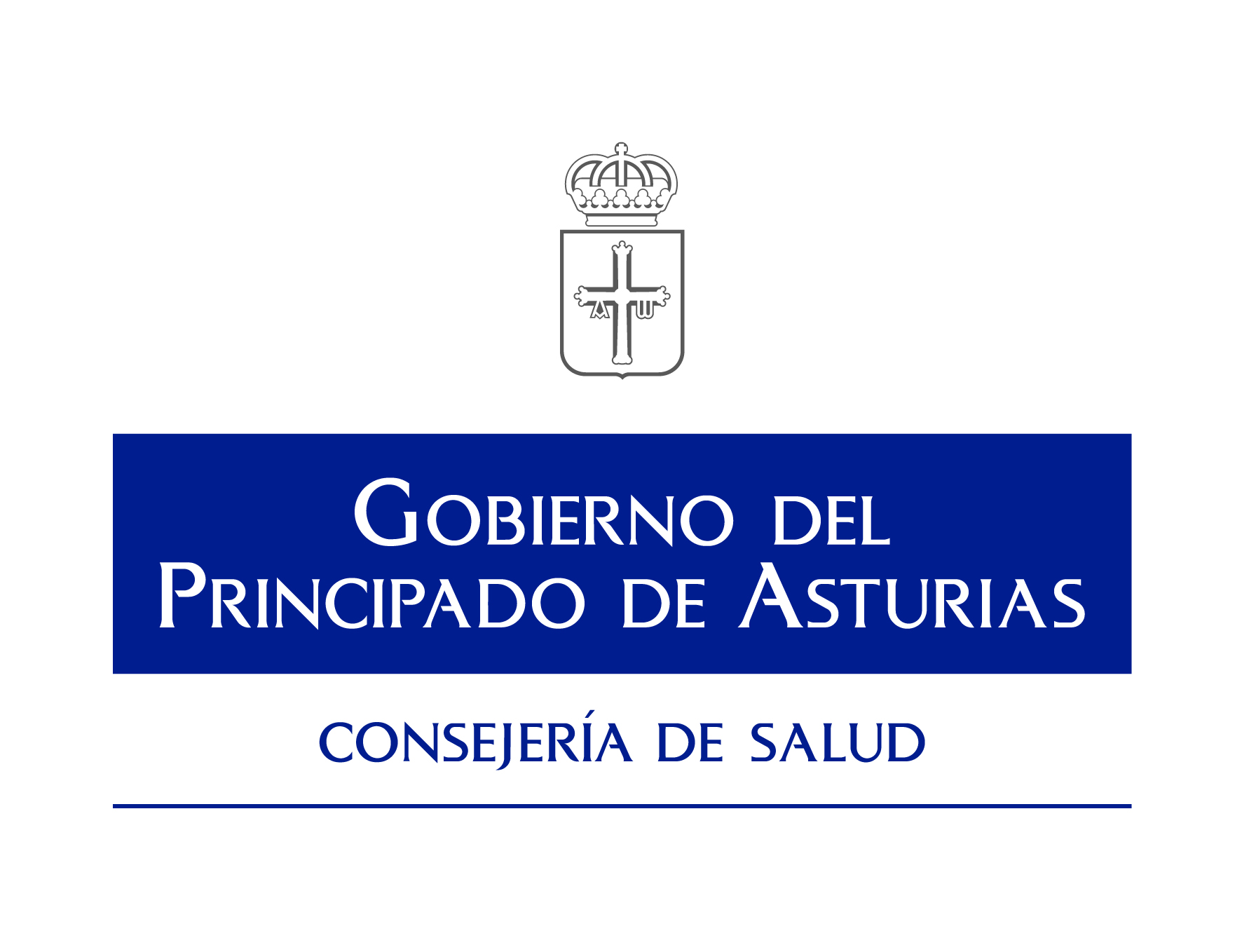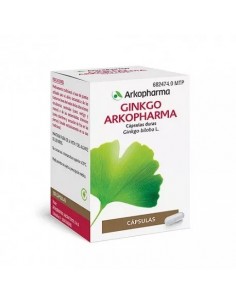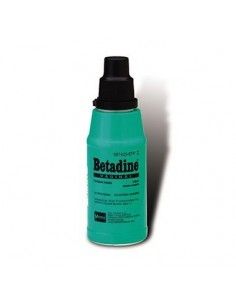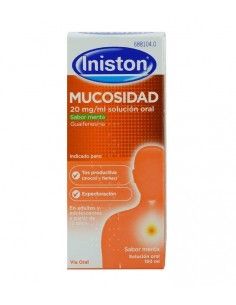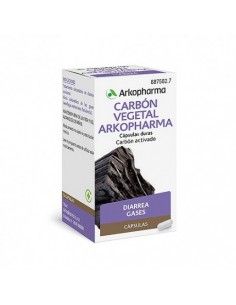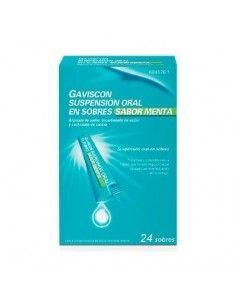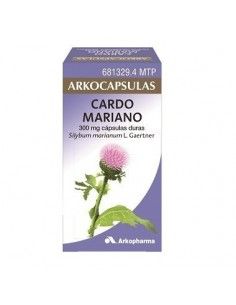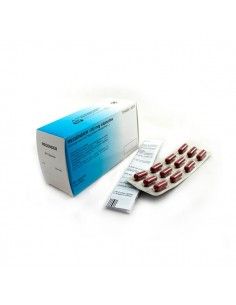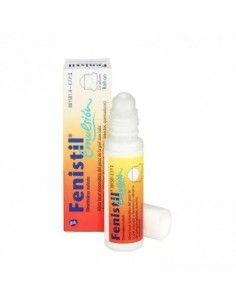Arkopharma milk thistle 390 mg 45 capsules
Composition
- Per capsule: 300 mg cryo-ground fruit of Silybum marianum L. Gaertner (Milk thistle).
Indications
- BILIARY DYSPEPSIA. Symptomatic treatment of heavy digestion due to hepatic disorders.
Its use is based exclusively on traditional use.
Posology
Dosage:
- Adults, oral: 2-3 capsules with lunch and dinner.
If symptoms continue or worsen during the use of milk thistle, it is advisable to consult a doctor or pharmacist.
- Children and adolescents under 18 years of age, oral: Safety and efficacy have not been evaluated.
Guidelines for proper administration
Take the capsules whole with a glass of water.
Contraindications
- Hypersensitivity to milk thistle. Cases of cross-hypersensitivity between different species of the composite family have been described, so people allergic to other plants of this family (artichoke, marigold, camomile) should avoid using milk thistle.
- BILIARY OBSTRUCTION. Increased production and/or secretion of bile could trigger biliary colic in patients with obstruction of the bile ducts, as well as cholangitis, so it is recommended to avoid using cholagogue or choleretic species in this case.
Precautions
- ARTERIAL HYPERTENSION]. Milk thistle may increase blood pressure due to the vasoconstrictor amine tyramine. Caution is advised, and if blood pressure becomes uncontrolled, consult a doctor or pharmacist.
- BILIARY LITHIASIS]. Although cholagogue/choleretic use has not been documented, milk thistle has traditionally been used to increase bile production and elimination. This effect could lead to obstruction of the bile ducts if the size of the stone is excessively large. Milk thistle should be used with great caution in these patients, with regular monitoring of liver transaminase levels, especially GGT. In the event of abdominal pain of unknown origin, or a significant increase in transaminases, it is recommended that treatment be discontinued and the patient re-evaluated.
Advice to the patient
- If symptoms continue or worsen during the use of milk thistle, consult a doctor or pharmacist.
- The use of plants that stimulate the production and/or secretion of bile should be carried out under strict medical supervision in case of biliary lithiasis.
- Blood pressure should be monitored in hypertensive patients.
- It is advisable to notify the doctor if abdominal pain of unknown origin appears.
Special warnings
- It is recommended to monitor transaminase levels, especially GGT, during the treatment of gallstones.
- In case of possible bile duct obstruction (increased transaminases, abdominal pain), discontinue treatment and evaluate the patient.
Interactions
No clinically significant drug-drug interactions between milk thistle and other active substances have been reported. However, a number of potential interactions are known for the active ingredients in milk thistle, although no parallel can be drawn with the drug itself. Nevertheless, caution is advised when combining milk thistle with the following drugs:
- Drugs metabolised by cytochrome P450. There is some evidence to suggest that silibinin behaves as a potent inhibitor of certain isoforms of cytochrome P450, which could increase plasma levels of drugs metabolised by this enzyme system, with a consequent risk of toxicity.
In vitro tests on human hepatocytes assessed the effects of silibinin on hepatic cytochrome activity. Hepatocytes were incubated with different drugs in a medium containing 3% dimethyl sulfoxide and 0.1 M phosphate buffer at 37°C. Silibinin or placebo was added to the culture media at concentrations of 3.7-300 micromoles/litre.
Silibinin was found to moderately inhibit the metabolism of dextromethorphan (CYP2D6), while strongly reducing the metabolism of nifedipine (CYP3A4) and warfarin (CYP2C9). It had little effect on the metabolism of erythromycin (CYP3A4), phenytoin (CYP2C1), caffeine (CYP1A2) or other coumarins (CYP2A6).
- MAOIS. Milk thistle has a high tyramine content, which could lead to significant hypertensive crises in patients treated with an MAOI. It is recommended to avoid the association.
Pregnancy
There are no adequate and well-controlled studies in pregnant women, so the use of milk thistle during pregnancy is only accepted if the benefits outweigh the possible risks in the absence of safer therapeutic alternatives.
Breastfeeding
It is not known whether the components of milk thistle are excreted in breast milk, and the possible consequences for the infant. It is advisable to discontinue breast-feeding or to avoid the use of milk thistle during lactation.
Children
Safety and efficacy in children and adolescents under 18 years of age have not been evaluated and therefore it is recommended to avoid use.
Elderly
No specific problems have been reported in the elderly.
Adverse reactions
- Digestive: [Nausea], [DIARRHEA].
- Neurological/psychological: [HEADACHE].
- Allergic: [HYPERSENSITIVITY REACTIONS].
Overdose
Symptoms: No clinical experience of overdose with milk thistle is available.
Treatment: Symptomatic treatment should be instituted.

